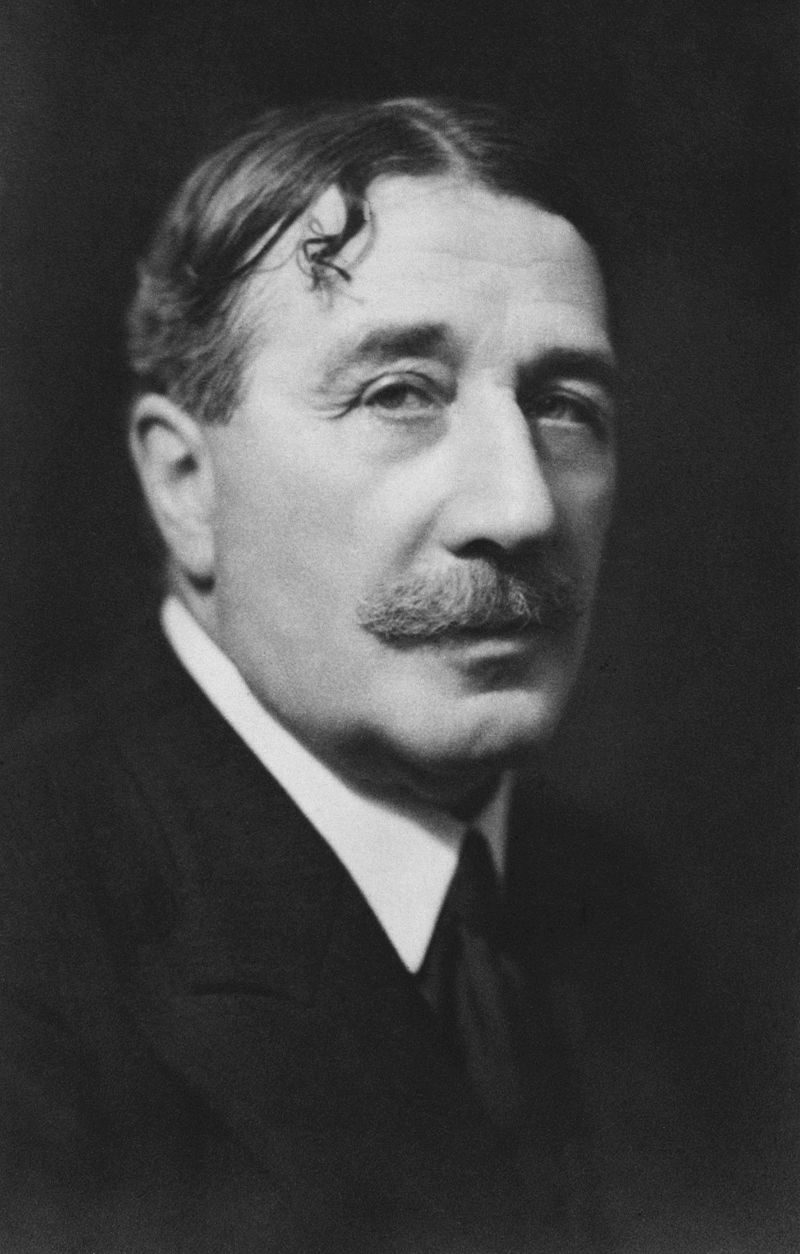 I welcome it, and recently got some from William Vallicella, Ph.D., a rejoinder to my response to him. Unfortunately for me, however, it’s part of a long series that bears on what I tried to do in Philosophy after Christ, and I haven’t yet been able to give the series’ members the study they deserve.
I welcome it, and recently got some from William Vallicella, Ph.D., a rejoinder to my response to him. Unfortunately for me, however, it’s part of a long series that bears on what I tried to do in Philosophy after Christ, and I haven’t yet been able to give the series’ members the study they deserve.
What I’m focusing on is Bill’s helpful distinction between a rationally acceptable argument and a rationally compelling one. I think my Van Til-inspired transcendental argument can be formulated so that it’s not merely acceptable, but also one that “coerces” rational assent (at least by those who value rational standards). Bill charges me with conflating, if not confusing, epistemic and ontic possibility, a serious matter, one I will confess if I must. How one coordinates one’s metaphysics (which determines ontic possibility) with one’s epistemology has its own presuppositions.[1]
I can “live with” a “merely” rationally acceptable argument that can defeat any candidate, alternative to the Christian worldview, for the status of transcendental condition of intelligible predication, that my interlocutor might suggest. Of course, such serial refutation, however successful for however long, falls short of proof. To be able, however, to pre-emptively rule out the possibility of there being any successful candidate remains for me a desideratum. I’ll let others speculate about what psychological type that confession betrays.
Note
[1] See, e.g., Greg Bahnsen, “The Necessity of Coordinating Epistemology with Metaphysics,” Section 1 of Chapter 3, “Neutrality & Autonomy Relinquished,” Presuppositional Apologetics: Stated and Defended. Joel McDurmon, ed. American Vision Press, 2010. See also Bahnsen’s magisterial exposition of Cornelius Van Til:
with Metaphysics,” Section 1 of Chapter 3, “Neutrality & Autonomy Relinquished,” Presuppositional Apologetics: Stated and Defended. Joel McDurmon, ed. American Vision Press, 2010. See also Bahnsen’s magisterial exposition of Cornelius Van Til:
Van Til did not address specific disputes between philosophers or contemporary debates regarding possibility, but he realized that Christians are committed to hold certain beliefs about possibility that unbelievers will reject. “It is today more evident than ever before that it is exactly on those most fundamental matters, such as possibility and probability, that there is the greatest difference of opinion between theists and antitheists.” To put it simply and memorably: “Non-believers have false assumptions about their musts.”
Greg L. Bahnsen, Van Til’s Apologetic: Reading and Analysis. Presbyterian & Reformed Publishing Company, 1998, 281. The internal quotations are from Cornelius Van Til, An Introduction to Systematic Theology. Presbyterian & Reformed Publishing Company, 1974, 36, 264. To the latter footnote Bahnsen appended:
That is, they [antitheists] utilize a false philosophical outlook regarding “necessity,” “possibility,” etc.



 In a Schlitz ad from yesteryear Bill finds this mood summed up:
In a Schlitz ad from yesteryear Bill finds this mood summed up:
 Does David Ramsay Steele’s
Does David Ramsay Steele’s 




 Before launching this site in October 2018, I put a tagline under my name in the masthead. At first, it referred rather boringly to the half-century of retrospective I wanted to set down here. I eventually changed it to “Navigating this dispensation’s last days” and cited a couple of Biblical verses to justify the reference to “dispensation.”
Before launching this site in October 2018, I put a tagline under my name in the masthead. At first, it referred rather boringly to the half-century of retrospective I wanted to set down here. I eventually changed it to “Navigating this dispensation’s last days” and cited a couple of Biblical verses to justify the reference to “dispensation.”






 worldview as the only one that can support rational defense itself—my approach to apologetics (see
worldview as the only one that can support rational defense itself—my approach to apologetics (see 


